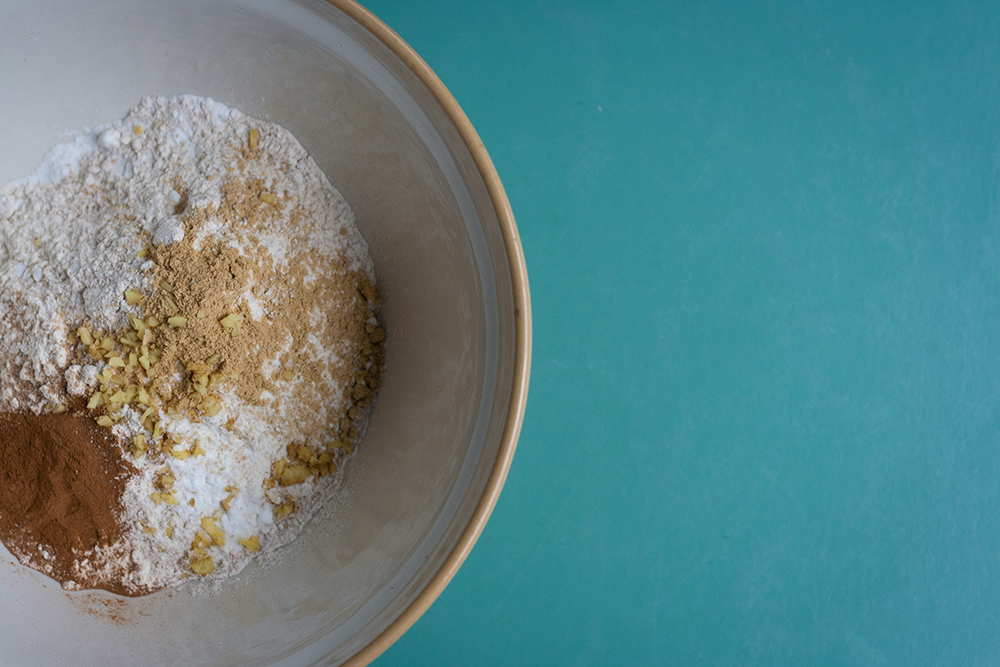20 And God said, ‘Let the waters bring forth swarms of living creatures, and let birds fly above the earth across the dome of the sky.’
Genesis 1:20-23 New Revised Standard Version, Anglicised
21 So God created the great sea monsters and every living creature that moves, of every kind, with which the waters swarm, and every winged bird of every kind. And God saw that it was good.
22 God blessed them, saying, ‘Be fruitful and multiply and fill the waters in the seas, and let birds multiply on the earth.’
23 And there was evening and there was morning, the fifth day.
When I first came to work at Shieldfield Art Works (Holy Biscuit back then!) people kept asking me if I was an artist, and I would shuffle nervously, and say apologetically “Well, no not really.” As a Methodist minister I was quite used to apologising, and for people to think I was irrelevant, and wonder what on earth I did all day. At least in a normal church context people knew you probably did something on Sundays, even if they were mystified about how you spent the rest of the week! Then on one occasion I was again asked, if I was an artist, and I began apologising for not being an artist and was trying to explain what a minister who wasn’t an artist was doing working in art project, when the person interrupted me, and said, “Of course you’re an artist. You are a spoken word artist! Every week you write and deliver a performance piece!” I was so grateful for that person’s insight and affirmation.
All the blogs on creation so far have concentrated on the images, but as in this one I’d like to concentrate on the words, the poetry of the verses. This creation story is a poetic description in praise of the creator and the creator’s work of creation. “He also made the stars.” The throwaway line, in the poem from last week’s verses describing the billions and billions of stars. A classic understatement to point to the truly awesome Creator, for whom the stars are just a small additional part of creation but are so many, we can’t even count them.
The poem is punctuated with the refrains
‘And God said…’
‘And God was that it was good’
‘There was evening, there was morning…’
Day one two and three create shape, and day four five and six are the filling up . There is poetic symmetry rather than a logical or practical order. Light is created separately (day one) from the sun, moon and star (day four).
This poem invites the reader to marvel at the world around them and marvel even more at the one who has created it.
In the specific verse I have to look at this week we see another clever poetic move of the writer. The word ‘create’ (in Hebrew Bara) is only used three times in the poem. Nowhere else in the poem is this word used.
In vs 1 ‘In the beginning God created the heavens and the earth.’
In vs27 ‘So God created human beings’
And in vs 21 ‘So God created the great sea monsters’
Now it makes sense to use it at the beginning – ‘God created heavens and the earth’ and for human beings, the only thing in creation that isn’t described as good, but as very good. But why would the writer use it for ‘great sea monsters’? This isn’t a slip of the papyrus and sharp reed, scratting out the poem. We have seen this writer is careful and deliberate, ordered and balanced in all the descriptions.
Some commentators on the text believe it’s a polemic designed to address other ancient near eastern creation stories where the gods/god have to overcome the great sea monsters in order to create. The writer makes it very clear the creator didn’t have to overcome anyone or anything, all things were created by God. The writer does the same thing in the previous section, vs16 by not using the name sun and moon, but greater light and lesser light. It is a deliberate word play to reduce the significance of sun and moon, worshipped by some as gods, to mere lights that this creator God made.
Response
I wonder when reading this poetry what the images say to you about the one who creates all this?
I wonder how we use language to praise or put down?
I especially at this time of Covid 19 wonder what are the things your fear?
What if you like are ‘your great sea monsters’? Not all powerful, but very scary and dangerous.
How do you feel about the picture of God that this poem draws with words?
How might that impact you at this moment ?




